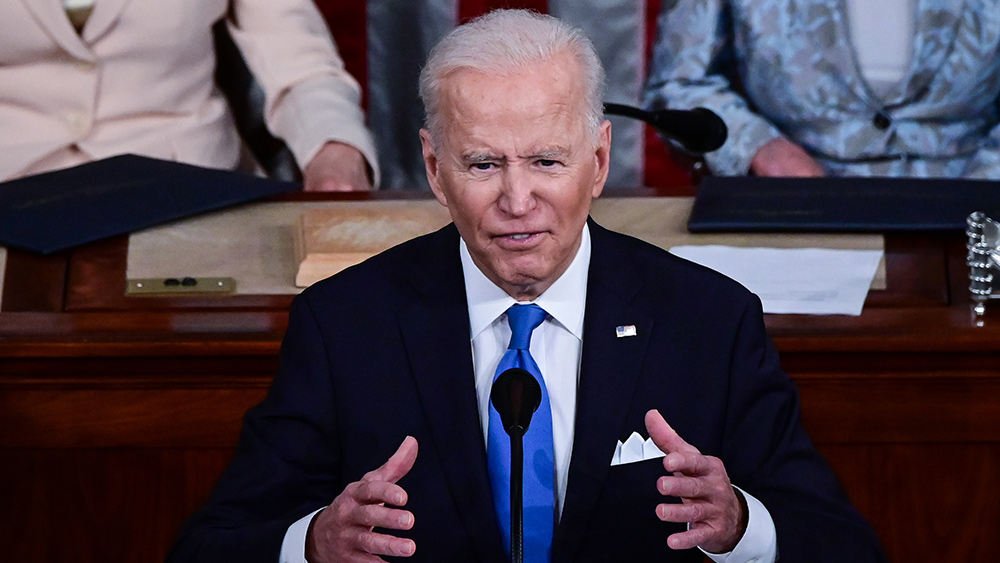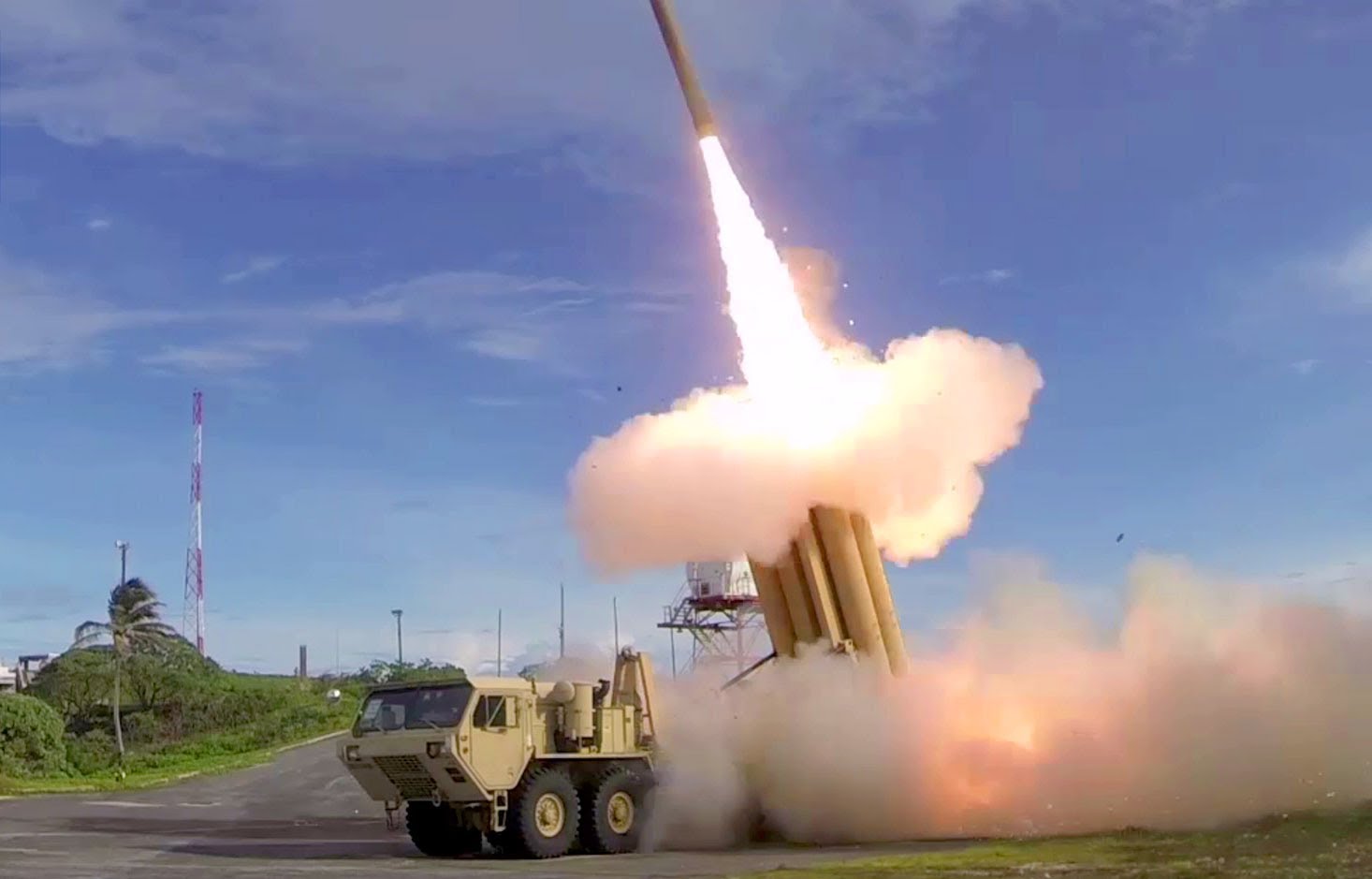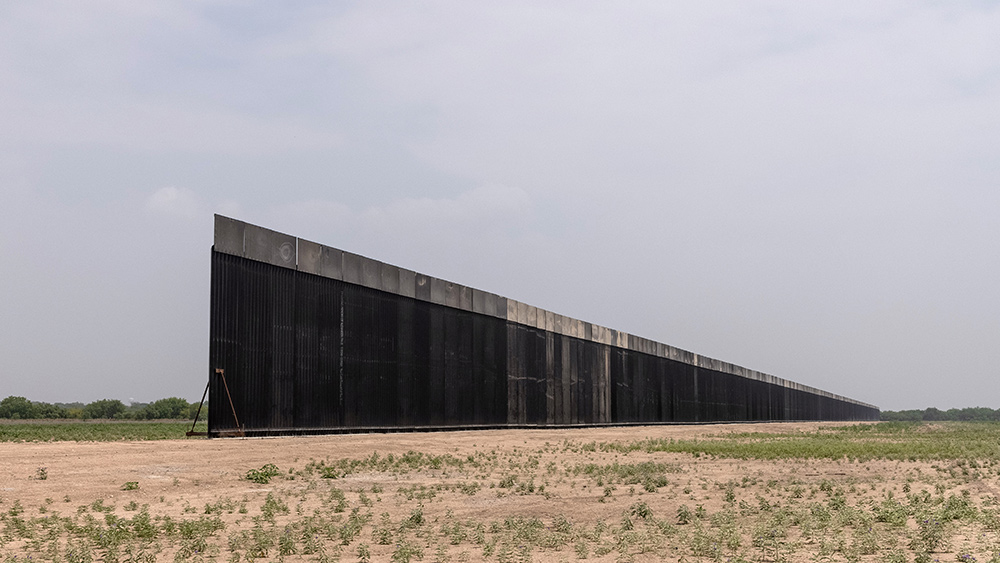Biden knew all along the Taliban takeover of Afghanistan was imminent
09/03/2021 / By Nolan Barton

President Joe Biden knew all along the fall of Afghanistan at the hands of the Taliban was going to happen.
Biden wanted then-President Ashraf Ghani of Afghanistan to create the impression that his government was capable of holding off the Taliban. In their last phone call, Biden told Ghani that they needed to change the perception of the Taliban’s rapid advance “whether it is true or not.”
They spoke for roughly 14 minutes on July 23. At the time, the U.S. was well into its planned withdrawal from Afghanistan. The U.S. military had closed its main airbase in the country in early July.
On August 15, Ghani fled the presidential palace and the Taliban entered Kabul. Since then, tens of thousands of desperate Afghans have fled while 13 U.S. troops and scores of Afghan civilians were killed in a suicide bombing at the Kabul airport.
Along the way, Biden has been repeatedly saying that his team was caught off guard by the rapid Taliban takeover of Afghanistan. Biden reiterated his assertion on Tuesday, Aug. 31.
“The assumption was that more than 300,000 Afghan national security forces that we had trained over the past two decades, and equipped, would be a strong adversary in their civil wars with the Taliban,” Biden told the nation in a televised speech from the White House.
“That assumption that the Afghan government would be able to hold on for a period of time beyond military drawdown turned out not to be accurate. But I still instructed our national security team to prepare for every eventuality, even that one. And that’s what we did. So, we were ready when the Afghan security forces, after two decades of fighting for their country and losing thousands of their own, did not hold on as long as anyone expected.”
In July, Biden said that a collapse of the government and a Taliban takeover was “highly unlikely,” pointing to the large number of Afghan troops, their U.S. training and modern equipment.
Biden more focused on spinning the message than taking action
A transcript of the call between Biden and Ghani obtained by Reuters from an anonymous source tells a different story. Biden obviously knew what was going on, but he was more focused on spinning the message. (Related: Violence continues in Afghanistan as thousands of American civilians await evacuation while Biden fiddles.)
“I need not tell you the perception around the world and in parts of Afghanistan, I believe, is that things are not going well in terms of the fight against the Taliban,” Biden said during the call. “And there is a need, whether it is true or not, there is a need to project a different picture.”
Biden told Ghani that if Afghanistan’s prominent political figures were to give a press conference together backing a new military strategy, “that will change perception, and that will change an awful lot I think.”
In the call, Biden offered aid if Ghani could publicly project he had a plan to control the spiraling situation in Afghanistan. “We will continue to provide close air support, if we know what the plan is,” Biden said. He also advised Ghani to put a “warrior” in charge of the effort – a reference to Defense Minister General Bismillah Khan Mohammadi.
Biden lauded the Afghan armed forces, which were trained and funded by the U.S. government. “You clearly have the best military,” he told Ghani. “You have 300,000 well-armed forces versus 70-80,000 and they’re clearly capable of fighting well.”
Days later, the Afghan military started folding across provincial capitals in the country with little resistance against the Taliban.
During the call, Ghani told Biden: “We are facing a full-scale invasion, composed of Taliban, full Pakistani planning and logistical support, and at least 10-15,000 international terrorists, predominantly Pakistanis thrown into this,” Ghani said. Afghan government officials and U.S. experts have consistently pointed to Pakistani support for the Taliban as key to the group’s resurgence.
The Pakistani Embassy in Washington denied those allegations. “Clearly the myth of Taliban fighters crossing from Pakistan is, unfortunately, an excuse and an afterthought peddled by Mr. Ashraf Ghani to justify his failure to lead and govern,” an embassy spokesman told Reuters.
Internal cable from American diplomats in Afghanistan warned of Taliban takeover
Ten days before the call between Biden and Ghani occurred, an internal cable signed by 23 American diplomats in Afghanistan warned Secretary of State Antony Blinken of the potential fall of Kabul to the Taliban forces soon after U.S. troops withdrew from the country.
The classified cable dated July 13 is the clearest evidence yet that the Biden administration had been warned by its own officials on the ground that the Taliban’s victory was imminent and that Afghanistan’s military may be unable to stop it.
Sent via the confidential dissent channel of the Department of State, the cable warned of rapid territorial gains by the Taliban and the subsequent collapse of Afghan security forces. It also offered recommendations on ways to mitigate the crisis and speed up an evacuation.
The signatories of the dissent channel cable urged the State Department to begin registering and collecting personal data in advance for all Afghans who qualify for special immigrant visas while there were still six weeks left before the Aug. 31 troop withdrawal deadline. They also urged the administration to begin evacuation flights no later than Aug. 1.
On July 14, a day after the cable was sent, the White House announced Operation Allies Refuge to support the relocation of interested and eligible Afghan nationals and their immediate families who supported the U.S. government for the special immigrant visas.
Several other actions that have since been taken by the Biden administration were consistent with some of the requests and recommendations in the cable, the person familiar with the cable exchange said. (Related: WEAK LEADERSHIP: Former Assistant FBI Director says Biden is greatest threat to National Security.)
The administration disputed the notion that the confidential cable warned of the early fall of Afghanistan. Gen. Mark Milley, chairman of the Joint Chiefs of Staff at the Pentagon, has said that a speedy demise of the U.S.-supported government and army was unanticipated.
“There was nothing that I or anyone else saw that indicated a collapse of this army and this government in 11 days,” Milley said at the Pentagon on Aug. 18.
Follow JoeBiden.news for more news related to Joe Biden and his administration.
Sources include:
Submit a correction >>
Tagged Under:
Afghanistan, Biden administration, big government, Collapse, conspiracy, deception, Joe Biden, lies, national security, Pentagon, Taliban takeover, terrorism, traitors, US mi;itary, White House
This article may contain statements that reflect the opinion of the author
RECENT NEWS & ARTICLES
COPYRIGHT © 2017 NATIONAL SECURITY NEWS






















